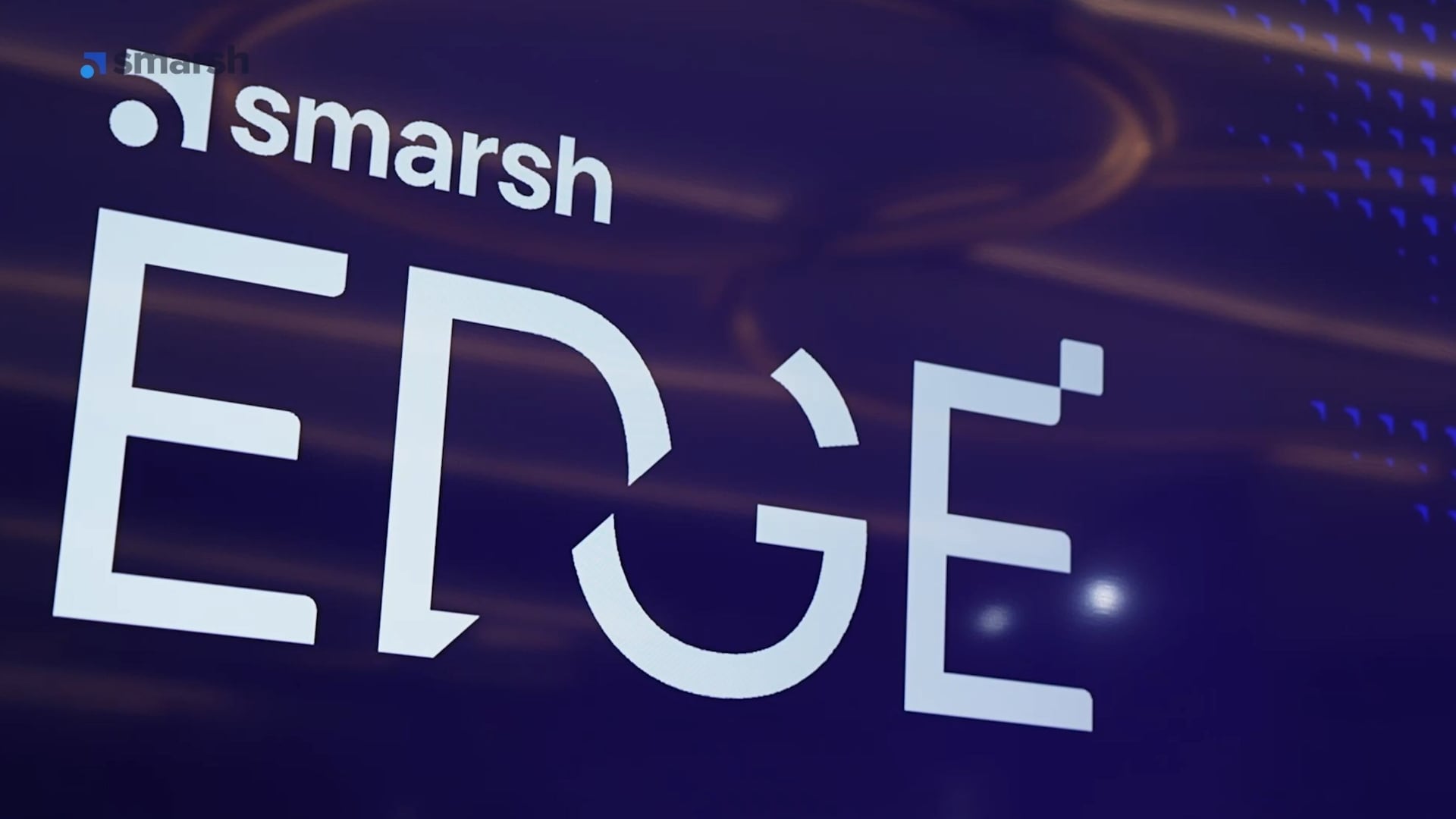By Josh Boak
The Biden administration announced the first of many coming federal investments in computer chip production, saying Monday that it would provide $35 million for BAE Systems to increase production at a New Hampshire factory making chips for military aircraft, including F-15 and F-35 jets.
This would be the initial allocation of incentives from last year's bipartisan CHIPS and Science Act, which provides more than $52 billion to boost the development and manufacturing of semiconductors in the United States.
The Commerce Department's choice of a military contractor instead of a conventional chip manufacturer reveals the national security focus of the law, as more and more weapons systems depend on advanced chips that could be decisive in both preventing and fighting wars.
“We can’t gamble with our national security by depending solely on one part of the world or even one country for crucial advanced technologies,” said Commerce Secretary Gina Raimondo, who called the investments a “once-in-a-generation opportunity to advance our national and economic security and create a thriving, long-lasting domestic semiconductor manufacturing industry.”
President Joe Biden signed the incentives into law in August 2022 partly out of concerns that a military attack on Taiwan could deprive the world of advanced computer chips and plunge the U.S. into a recession.
The coronavirus pandemic revealed the fragility of computer chip supplies as a worldwide shortage curbed U.S. auto production and pushed up prices around the start of Biden's presidency.
“Over the coming year, the Department of Commerce will award billions more to make more semiconductors in America, invest in research and development capabilities to keep America at the forefront of new technologies,” Biden said in a statement.
Biden also said the incentives his administration is providing have already led to more than $230 billion in planned investments in semiconductors and electronics.
The Democratic president has gone to a planned Intel factory in Ohio and a new Taiwan Semiconductor Manufacturing Co. plant in Arizona, as well as touted investments by IBM while in New York. Biden has made these financial commitments part of his pitch to voters ahead of the 2024 elections, saying his policies have energized the U.S. economy.
Government officials said the investment in the BAE Systems' facility will ultimately save money for taxpayers. The money being paid out as the company hits benchmarks will help quadruple the plant's production capacity, helping to halve the price of making the chips and leading to net savings for the federal agencies buying the chips.
White House national security adviser Jake Sullivan said NATO allies and partners in Asia also will benefit from the increased capacity. But he stressed that an expanded manufacturing base was essential to protect the U.S.
“We do not want to be in a position where critical national security needs are dependent on faulty foreign supply chains,” Sullivan said. “We do not want to be in a position where another country can cut us off in a moment of crisis.”













